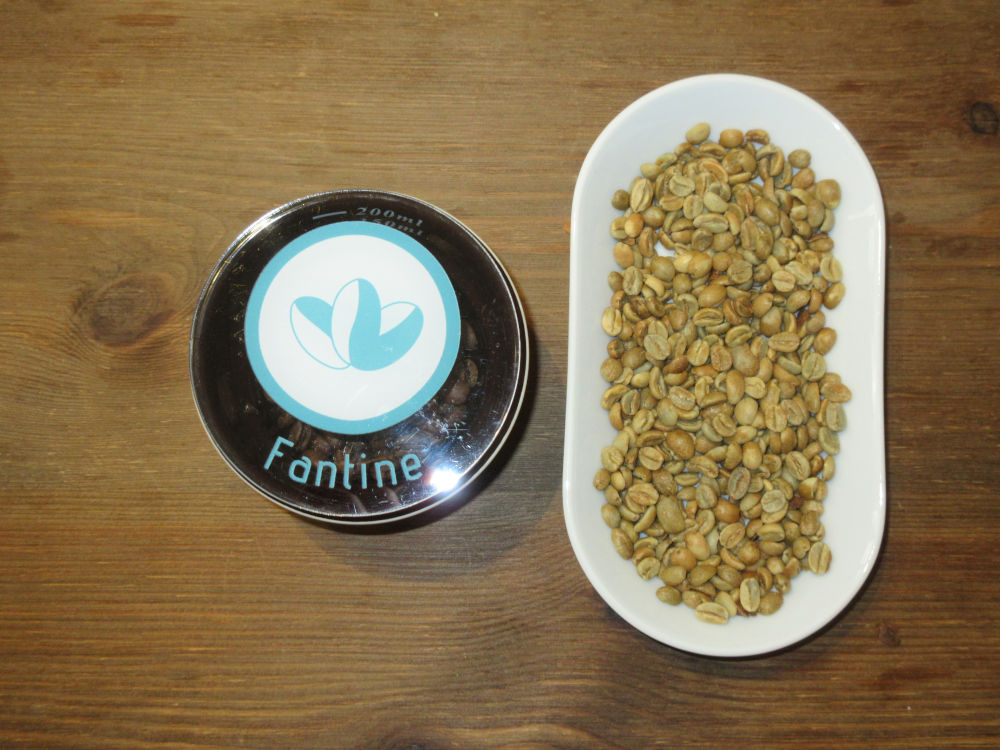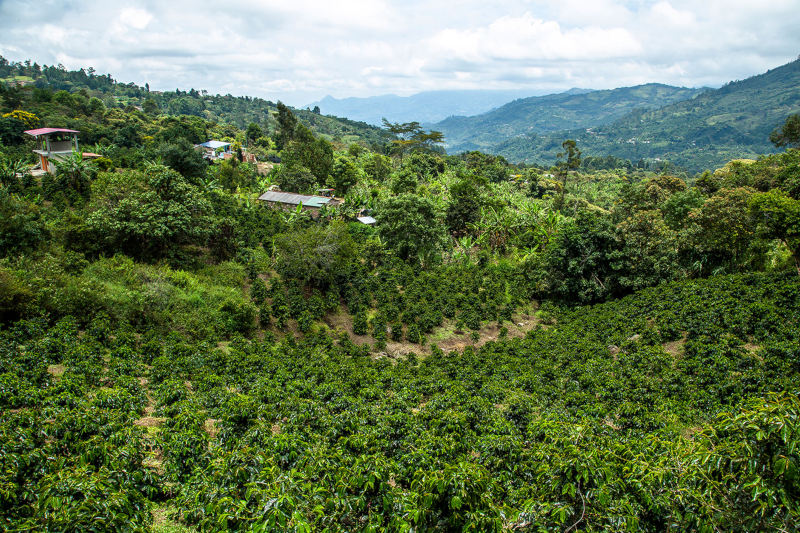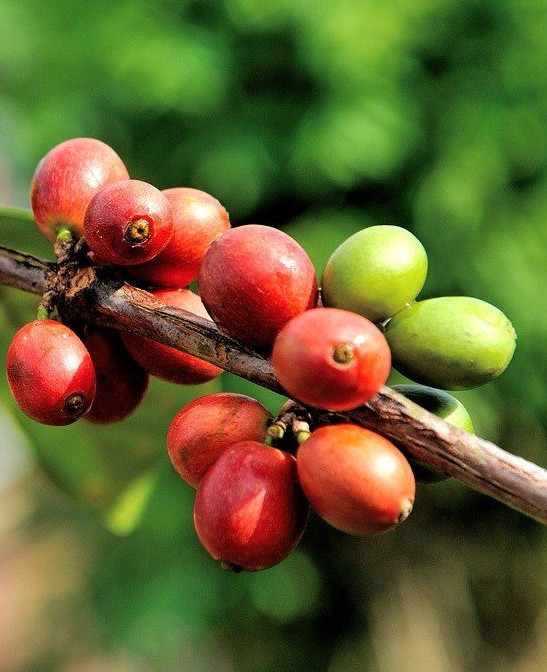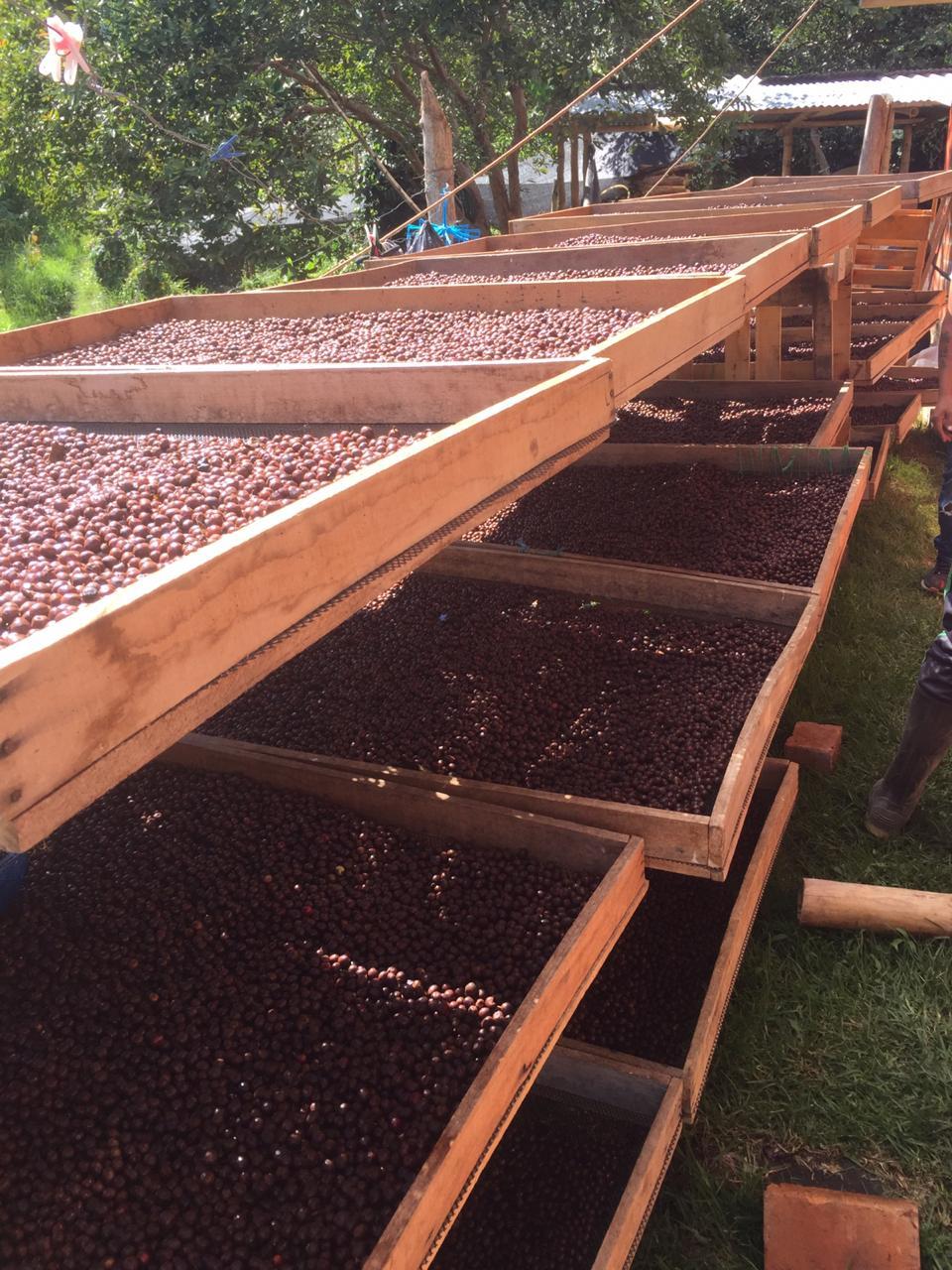| Region | Narino |
|---|---|
| Estimated arrival | 01 Aug, 2024 |
| Processing | Natural |
| Notes | Fruity |
| Farming | Reduced PesticidesFamily farm |
| Cultivar | Typica |
| Altitude | 2000 masl |
| Bag Size | 24 (One 24kg box with two vacuum bags of 12kg) |
| Packaging | Vacuum |
| Drying | Mechanical drying |
- Get to know who, how and where the coffee that you will sell to your clients is produced. Each coffee goes through a unique process, many times engineered by the producer herself. Acquire the coffee in a direct and consistent manner and praise the value created at the farm.
- Buying without the unnecessary intermediaries allows the producer to obtain better prices. This helps generate better jobs and more prosperous rural communities.
- When you buy pre-harvest you allow the producer to produce on demand at an agreed price. This is the most powerful way to motivate investment in quality. In addition, you indirectly support producers to get financing at a lower cost.
- Support producers who strive for implementing environmentally friendly cultivation practices. It requires a lot of effort and higher costs to protect the environment and put in practice cleaner ways of farming. Support a more environmentally sustainable industry and communicate this to your customers.
- Specially crafted coffee is not easily available as the big chunk of volume is pulled by commercial coffee, which is often institutionally protected. Therefore, buying crafted coffee is a great option to reward those risk-taking, innovative and revolutionary producers that are committed to conscious and quality consumption.

Terroir: Narino
Located in the extreme southwest of Colombia, this region is one of the best for producing specialty coffee because of its diverse geography. It enjoys various climates depending on the altitude: from the heat of the Pacific plain to the cold of the most mountainous part.
In Nariño, three slopes merge: Pacific, Andean and Amazonian, which means that the physiological conditions of the plants are different from those of the rest of the country and the planet. In most coffee growing areas, 32 weeks pass between flowering and the filling and ripening of the fruit of the coffee tree, while in Nariño this happens between 35 to 36 weeks, which means that the grain ripens more slowly and remains longer on the tree, developing its physiological part much better, which generates a higher concentration of sugars and potential Brix degrees, added to this the special care of the farmers in the production of coffee.
The high fertility is due to the amount of organic material content, of volcanic origin, that the area offers. It has the best particular conditions for coffee cultivation, in terms of water availability, temperature, solar radiation and wind regime. High altitudes and low temperatures force the plant to conserve its sugars. The altitude of these farms can normally exceed 2000 metres above sea level. The temperature of the area is temperate or cold.
- Altitude (m.a.s.l.) 1490-2100
- Sunshine (hours/year) 1590-1750
- Annual rainfall (mm) 1690-1900
- Thermal Time (cumulative stages 2 and 3) 2140-2470

Typica
Typica is the most famous of the varieties descended from the Tipica lineage. It is a tall variety characterized by a very low yield, susceptibility to major diseases and good cup quality. The Tipica group, like all Arabica coffee, is supposed to have originated in southwestern Ethiopia.
Since Typica is both low yielding and highly susceptible to the major coffee diseases, it has been gradually replaced in much of the Americas, but is still planted in Peru, the Dominican Republic and Jamaica, where it is called Jamaica Blue Mountain.

